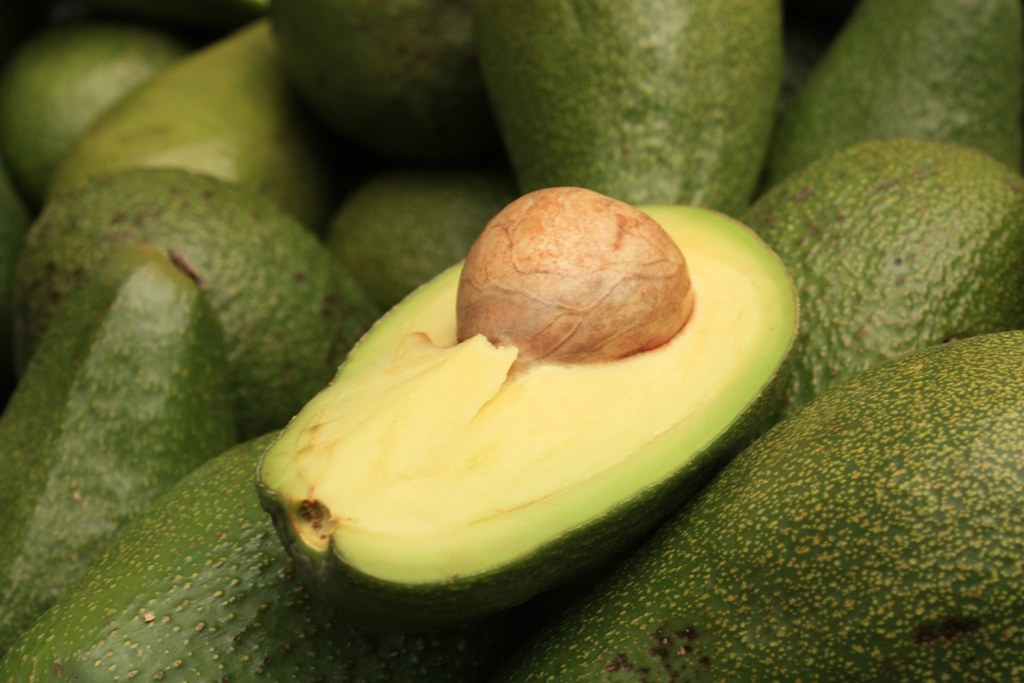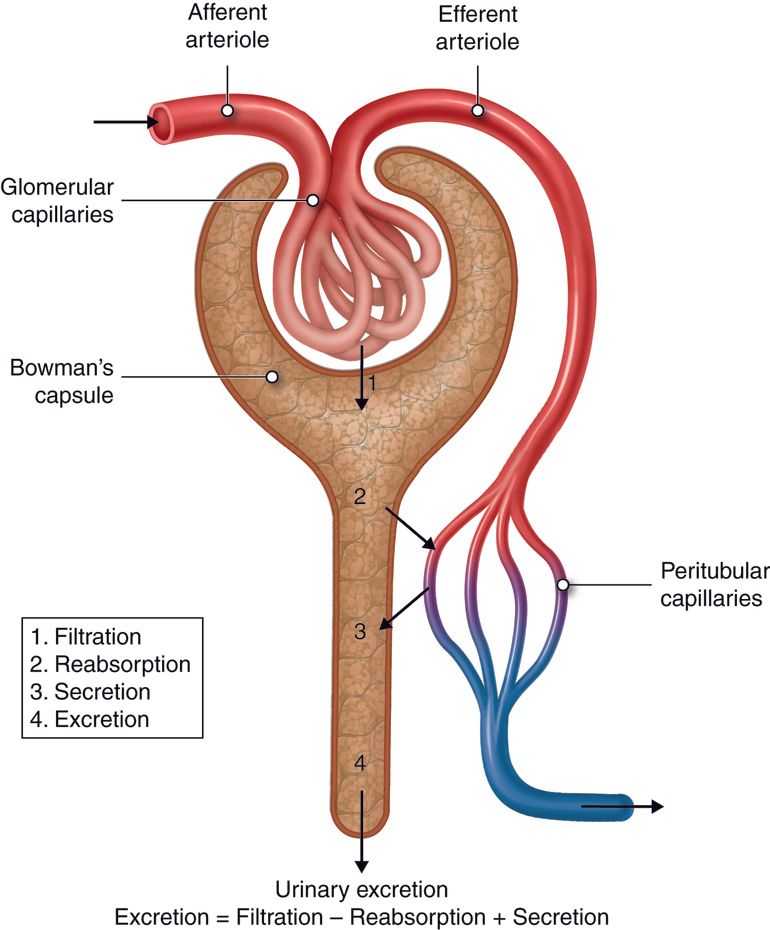
The kidneys play an absolutely crucial role in maintaining our overall health and well-being. These bean-shaped organs are tirelessly working filters, removing waste and excess fluids from the blood, converting them into urine for excretion. Beyond waste management, they are instrumental in balancing essential electrolytes like sodium, potassium, and phosphorus, which are vital for tissue, blood, muscle, bone, hormonal, and nerve health, as well as regulating blood pressure.
However, many individuals unknowingly consume foods that, while often perceived as healthy or simply convenient, can place undue stress on these vital organs. This is especially true for those with existing kidney conditions or those at risk due to factors like diabetes and high blood pressure, the two leading causes of kidney disease. Making informed dietary choices is paramount in managing these risks and protecting kidney health, as compromised kidney function can significantly impact overall bodily balance.
In this comprehensive guide, we delve into specific foods and beverages that, despite their common presence in our diets, may quietly compromise renal function. We will explore the reasons behind their potential risks, focusing on elements like excessive sodium, potassium, phosphorus, oxalates, and added sugars or artificial sweeteners. It is always important to remember that this information is for educational purposes and should complement personalized advice from a healthcare professional or a registered dietitian, who can provide tailored dietary guidance based on your individual health needs.
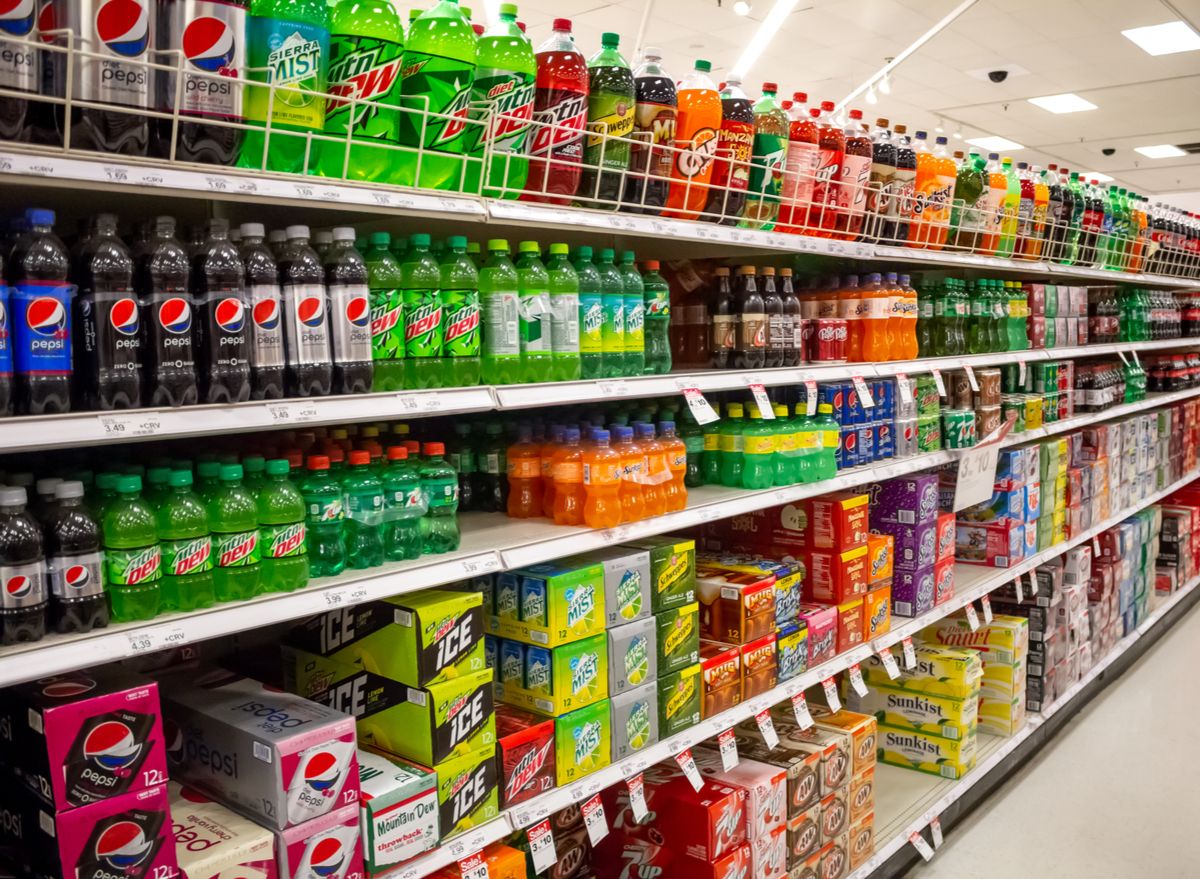
1. **Soda (Dark-Colored, Regular & Diet)**Steering clear of soda, whether it’s a regular sugary drink or a diet version, is often the first step towards better kidney health. Regular soda provides no nutritional benefit and is packed with sugars, which can be either natural or chemically manufactured. This high sugar content translates directly to extra calories in your diet, often leading to unwanted weight gain, a factor that can exacerbate metabolic issues and kidney strain. A typical 12-ounce cola, for instance, contains around 152 calories, and in some regions, much larger servings are readily available.
Studies have linked regular soda consumption to various health conditions, including osteoporosis, kidney disease, metabolic syndrome, and dental problems. The consistent intake of high sugar levels can contribute to the development of type 2 diabetes, a major risk factor for chronic kidney disease. Even diet sodas, while lower in calories, offer no nutritional value and frequently contain artificial sweeteners and other additives, which some research suggests might be linked to kidney problems over time, although more studies are needed for conclusive evidence.
Dark-colored sodas, specifically, often contain high phosphorus additives. It’s particularly concerning that this added, inorganic phosphorus is reported to be absorbed more readily by the body compared to natural phosphorus found in plant or animal sources, making it potentially more harmful to the kidneys. These beverages also contribute to high calorie and sugar intake. For optimal kidney health, replacing sodas with water, herbal teas, or water infused with fresh fruit slices is a much healthier choice.

2. **Processed Meats (Deli Meats, Bacon, Hot Dogs, Sausages)**Processed meats are a common staple in many diets due to their convenience and flavor, but they represent a significant concern for kidney health. Cold cuts like bologna and ham, along with hot dogs, sausages, beef jerky, corned beef, and pepperoni, are typically cured, processed, smoked, or fermented. While these processes enhance flavor and extend shelf life, they often result in products that are loaded with substances detrimental to the kidneys.
These meats are significant sources of sodium, which is added during processing to act as a preservative and flavor enhancer. High sodium intake directly contributes to elevated blood pressure, placing considerable strain on the kidneys as they work harder to filter the blood. Over time, persistently high blood pressure can lead to serious kidney damage and the progression of kidney disease. Beyond sodium, processed meats also often contain nitrates, which have been linked to cancer in various studies.
Furthermore, high consumption of red and processed meats has been associated with an increased risk of kidney disease due to their content of saturated fats and cholesterol. These unhealthy fats can contribute to conditions that compromise overall cardiovascular health, which in turn directly impacts kidney function. To protect your kidneys, it is advisable to choose leaner, fresh meats like roasted turkey or chicken, and when selecting processed options, always look for low-sodium and low-nitrate varieties.
Product on Amazon: Dr. Browns Diet Black Cherry Soda, 12 fl oz Cans (9 Cans)
Brand: Doctor Brown’s
Binding: Unknown Binding Product Group: Grocery
Price: 19.49 USD
Rating: 4.4 Total reviews: 25
Item Form: Liquid
Flavor: Diet Black Cherry
Number of Items: 1
Package Information: Can
Features:
1. Dr. Browns Diet Black Cherry soda evokes memories of a simpler time, when soda pop was enjoyed on a bar stool at the corner store
2. Cherry flavored and Caffeine Free, Dr. Browns Diet Black Cherry is simply delightful
3. Treat yourself with this great tasting Black Cherry Soda with other natural flavors
Shopping on Amazon >>
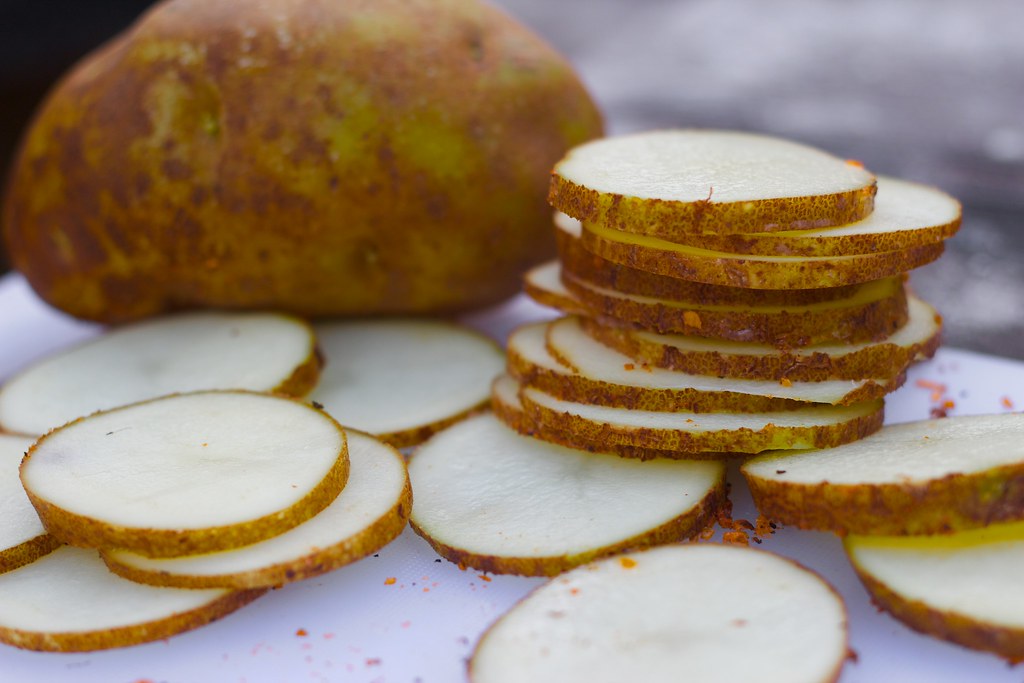
3. **High-Sodium Snacks (Chips, Pretzels, Crackers, Pickles & Relish)**Many of our go-to snacks, while convenient and appealing, can be silent contributors to kidney strain due to their high sodium content. Popular items such as pretzels, potato chips, and various crackers are often laden with salt. It is surprisingly easy to exceed the recommended daily allowance for sodium intake simply by snacking on these items throughout the day, often without even realizing the extent of the consumption.
Excessive sodium intake is directly linked to increased blood pressure, which places significant stress on the kidneys. Over time, this chronic strain can impair their filtering ability and contribute to the development or worsening of kidney disease. Therefore, for optimal kidney health, it is crucial to be vigilant about the sodium content in snacks. Opting for fresh, unprocessed alternatives is a far better choice to reduce your sodium load and protect your renal function.
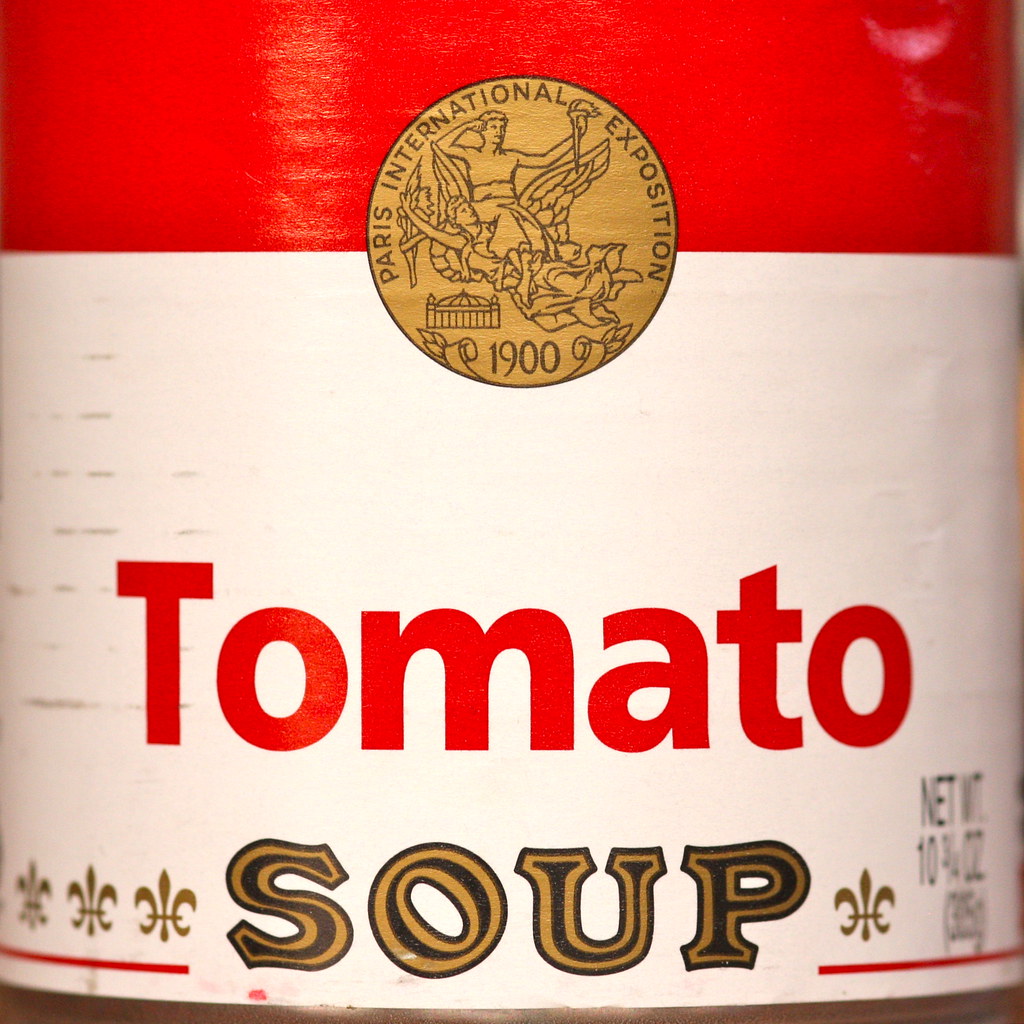
4. **Canned and Frozen Meals (Ready-to-Eat Convenience Foods)**In our fast-paced lives, canned and frozen meals have become incredibly popular due to their unparalleled convenience and ease of preparation. This category includes everything from canned soups, vegetables, meats, and seafood to frozen pizzas and microwaveable dinners. However, this convenience often comes at a cost to kidney health, primarily due to the heavy processing involved and the resulting nutritional profile.
Studies have shown a link between heavily processed foods and the development of type 2 diabetes, a major risk factor for kidney disease. These ready-to-eat options often harbor hidden sugars, excessive sodium, and unhealthy fats. Canning technology, for instance, frequently relies on salt as a preservative to extend shelf life, resulting in a high sodium content that cannot be eliminated, even by rinsing. Similarly, many frozen and pre-made meals are rich sources of sodium, with just one huge serving often exceeding the recommended daily value.
While preparing fresh and whole foods is always the ideal choice, if convenience is sometimes necessary, it becomes paramount to read food labels carefully. When opting for frozen or canned meals, look for those explicitly labeled “low sodium” or “no sodium added.” It is equally important to avoid products with added sugar, fillers, or any other artificial additives. Balancing these meals with fresh fruits and vegetables, if they are not already included, can also help mitigate some of their potential negative impacts.
Product on Amazon: Goldfish Crisps Spicy Dill Pickle Flavored Baked Chip Crackers, 6.25 Oz Bag
Brand: Goldfish
Binding: Grocery Product Group: Grocery
Price: 3.52 USD
Rating: 4.2 Total reviews: 1747
Flavor: Spicy Dill Pickle Flavored
Unit Count: 6.25 Ounce
Number of Items: 1
Item Weight: 6.24 Ounces
Features:
1. Includes one (1) 6.25-ounce bag of Goldfish crisps spicy dill pickle flavored
2. Dill-ightfully spicy, with just the right amount of pickle flavor and a hint of dill
3. Light and airy crunch, the perfect chip-like snack
4. Baked with potato and wheat in the bite-sized, iconic Goldfish shape
5. Taste how Goldfish does chips
Shopping on Amazon >>
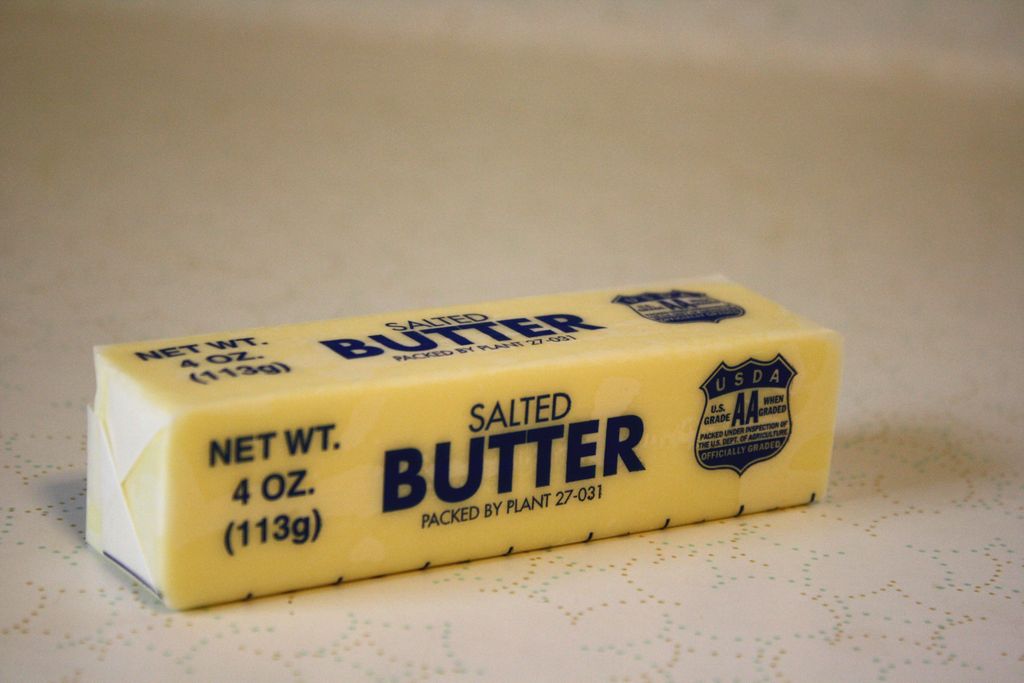
5. **Butter and Mayonnaise (Unhealthy Fats and Calorie Density)**Butter and mayonnaise are common ingredients and condiments that, when consumed regularly and in large amounts, can present challenges for kidney health due to their fat content and calorie density. Butter, derived from animal fat, is high in cholesterol, calories, and saturated fat. A diet consistently rich in saturated fats and cholesterol can contribute to conditions like obesity, high blood pressure, and cardiovascular disease, all of which are risk factors that can compromise kidney function over time.
Mayonnaise, too, is notably high in calories and saturated fat. A single tablespoon of mayonnaise can contain a substantial 103 calories. While lower-calorie and fat-free versions are available on the market, these alternatives often come with their own drawbacks, frequently containing higher levels of sodium and sugar, along with other artificial additives, to compensate for the flavor and texture lost by reducing fat. This trade-off means they may not always be a healthier choice for those monitoring kidney health.
Even margarine, often seen as a healthier alternative to butter because it’s made from vegetable oil, may not be ideal if it contains trans fats. Trans fats are known to increase unhealthy cholesterol levels and contribute to heart disease, another condition that indirectly strains the kidneys. For healthier options, consider using cooking oils like canola or olive oil, which are rich in beneficial fats. As a spread or condiment, opting for options lower in calories and saturated fat, and completely free of trans fats, is advisable. Plain non-fat Greek yogurt also serves as an excellent, protein-rich substitute for mayonnaise in various dishes.
6. **High-Potassium Fruits (Bananas, Oranges, Apricots, Dried Fruits, Avocados)**Fruits are generally celebrated for their vitamins, minerals, and fiber, but for individuals with kidney concerns, certain fruits, particularly those high in potassium, require careful monitoring. Potassium is an essential mineral for proper muscle and heart function, but when kidney function is impaired, the body may struggle to efficiently remove excess potassium, leading to a build-up that can be dangerous and affect heart rhythm.
Common examples of fruits notably high in potassium include bananas, with a medium-sized raw banana containing approximately 422mg of potassium. Oranges and orange juice are also rich in this mineral; a whole orange fruit provides around 255mg, while a cup of chilled orange juice can contain up to 443mg. Avocados, despite being full of healthy fats and antioxidants, are loaded with potassium, with a 100g portion containing about 485mg. Consequently, guacamole, often high in both potassium and added sodium, should be limited when managing potassium intake.
Apricots, typically consumed fresh or dried, are another fruit high in potassium; one apricot contains about 90.6mg. Dried fruits, such as raisins and prunes, present a particular challenge. The dehydration process significantly concentrates their nutrients, including potassium, sugar, and calories. For instance, one cup of pitted uncooked prunes contains an alarming 1270mg of potassium, which alone can meet half of a day’s requirement for many individuals. This high concentration makes dried fruits generally unsuitable for those with kidney disease, emphasizing the need for mindful portion control or avoidance of these items.
Product on Amazon: Fat Free MAYO MAYONNAISE Sauce Zero Calories and Fat Free Mayo 10.6 FL OZ – No Sugar Mayonnaise Sauce Gluten-Free, Non-GMO, Vegan and Keto Friendly – ServiVita
Brand: ServiVita
Binding: Product Group: Grocery
Price: 11.97 USD
Rating: 2.6 Total reviews: 282
Flavor: Mayonnaise
Item Weight: 0.75 Pounds
Package Information: Bottle
Allergen Information: Non-GMO
Features:
1. Delicious Flavor – Enhance your salads, fish, meats, potatoes, and more with the creamy and savory taste of Servivita Mayonnaise sauce.
2. Zero Fats, Zero Sugars, Zero Carbs – : Enjoy the indulgence of mayonnaise alternative without worrying about the calories, this sauce is specially formulated to be 0% in fats, sugars, and carbohydrates, making it an ideal choice for those following a low-calorie or sugar-free diet.
3. Guilt-Free Healthy Choices – Enjoy the rich and savory taste of Mayonnaise without worrying about unhealthy ingredients. This sauce is designed to provide a guilt-free option for those conscious of their calorie intake.
4. Dietary Friendly – Servivita Mayonnaise is suitable for individuals with specific dietary needs, as it is free from lactose, gluten, and sugars. This makes it an excellent choice for people with lactose intolerance, celiac disease, or those watching their sugar intake.
5. Versatile & Convenient – this mayo alternative delivers a delicious taste while being mindful of your nutritional goals. With its convenient 10.6 Fl ounce bottle, you’ll have an ample supply of this delicious sauce to enhance and provide a savory flavor to your meals.
Shopping on Amazon >>
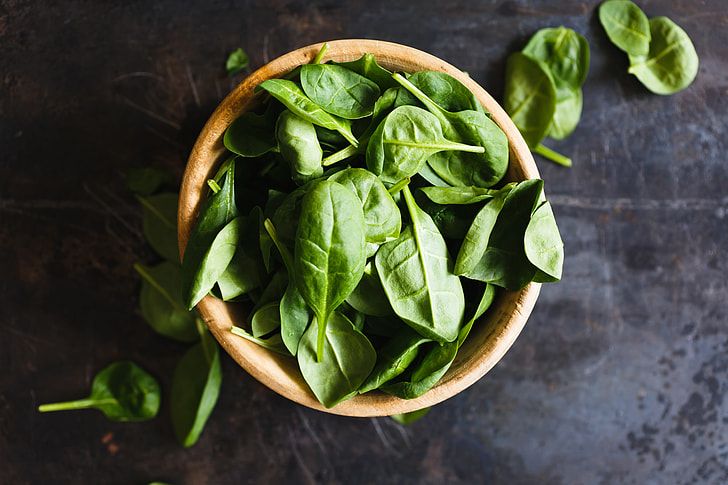
7. **High-Potassium Vegetables (Potatoes, Tomatoes, Spinach, Swiss Chard)**Just like fruits, some vegetables, despite their robust nutrient profiles, can be problematic for kidney health due to high potassium content or the presence of oxalates. Managing potassium intake is critical for individuals with compromised kidney function, as an excess can lead to serious health complications. Potatoes, a common dietary staple, are a rich source of energy and potassium. A single baked potato, for example, can contain about 610mg of potassium. However, the potassium level in potatoes can be reduced by soaking them in water before cooking, offering a way to still enjoy them in moderation.
Tomatoes and their various products, including sauces, gravies, and ketchup, also contribute significantly to potassium intake. One hundred grams of red, ripe, raw tomatoes contains approximately 237mg of potassium. The consumption of these tomato-based items should be carefully considered and adjusted based on the individual’s stage of kidney damage, highlighting the need for personalized dietary advice from a healthcare professional.
Spinach and Swiss chard, often lauded as superfoods for their vitamins and minerals, pose a dual concern for kidney health. They are rich in both potassium and oxalates. Oxalates are compounds that can bind with calcium in the kidneys, forming crystals that can lead to the development of kidney stones, especially in susceptible individuals. For those with a history of kidney stones or at risk, consuming large amounts of these leafy greens might exacerbate the problem. Furthermore, cooking does not significantly affect the potassium content of spinach, which typically ranges between 136 and 290 mg per cup. Therefore, for kidney health, it’s important to balance the intake of these vegetables with other lower-potassium leafy greens and be mindful of portion sizes.
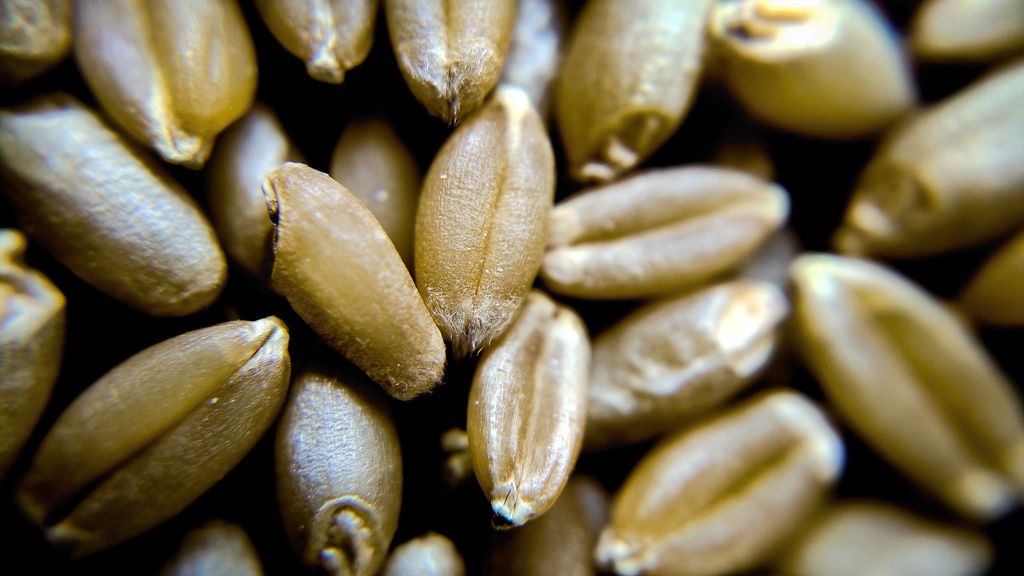
8. **Whole Grains**While often praised for their fiber and nutrient content, whole grains can present a nuanced challenge for individuals with compromised kidney function. The outermost part of grains, known as bran, is a rich source of both phosphorus and potassium. These minerals, while essential for healthy bodily functions, need to be carefully monitored when the kidneys are not efficiently filtering them out of the bloodstream. Accumulation of these minerals can lead to serious health complications for kidney patients.
For those suffering from moderate or chronic kidney disease, avoiding whole grains might be a necessary dietary adjustment to prevent the buildup of these minerals. The National Kidney Foundation also specifically recommends limiting phosphorus consumption from sources like whole grain and whole wheat bread, bran cereals, and brown rice. This proactive approach helps to manage the mineral load on already strained kidneys, supporting their long-term health.
It’s important to remember that dietary recommendations for kidney health are highly individualized and should always be made in consultation with a registered dietitian or a qualified health professional. They can help navigate the complexities of nutrient intake and ensure that while some whole grains may need to be limited, overall nutritional balance is maintained with other kidney-friendly alternatives.
Read more about: Unlock Your Gut’s Potential: The Transformative Health Benefits of Fermented Foods You Can’t Afford to Miss
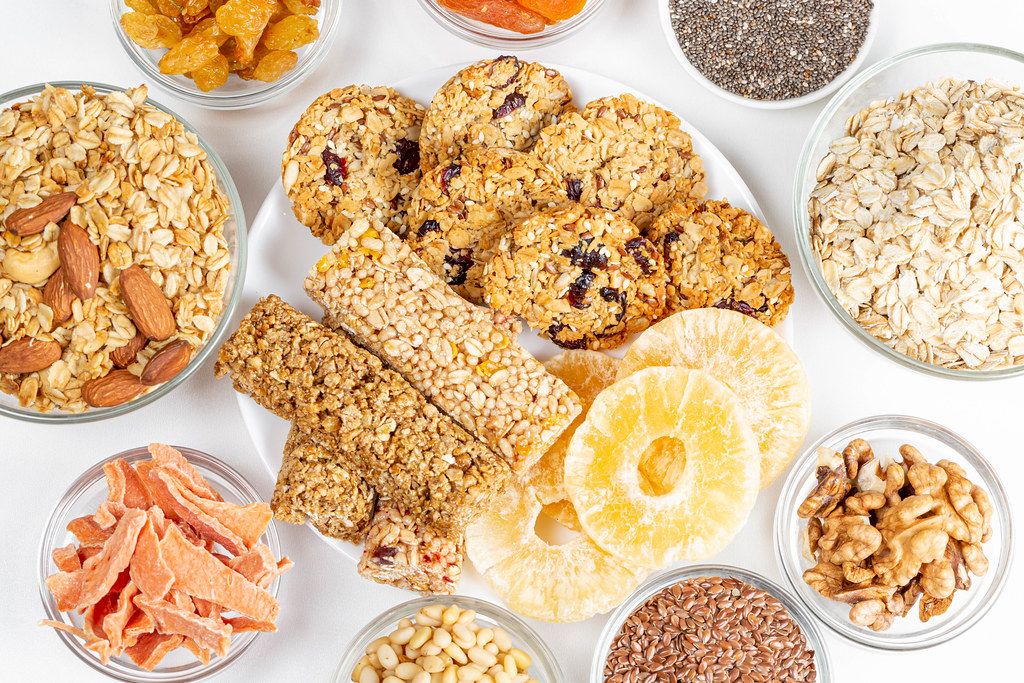
9. **Nuts and Seeds**Nuts and seeds are widely recognized as excellent sources of plant-based protein, healthy fats, and fiber, making them a staple in many balanced diets. However, for individuals managing kidney health, these nutritious powerhouses also come with a significant caveat: their high content of phosphorus and potassium. In healthy kidneys, these minerals are efficiently managed, but compromised renal function means the body struggles to excrete excess amounts, potentially leading to dangerous accumulations.
For instance, one ounce of whole almonds contains approximately 136 mg of phosphorus and 208 mg of potassium. Similarly, an ounce of raw cashew nuts provides around 168 mg of phosphorus and 187 mg of potassium. These levels can quickly add up, especially for those who consume nuts and seeds regularly. Such high concentrations make careful monitoring and often reduction in intake crucial for those with kidney disease, as excess phosphorus can lead to bone and heart problems, while elevated potassium can affect heart rhythm.
Individuals with kidney concerns should monitor their intake and consider opting for varieties with lower phosphorus content. Consulting a healthcare provider or a renal dietitian is vital for personalized dietary advice. They can help identify appropriate portion sizes or suggest alternative healthy snacks that support kidney wellness without posing a risk due to excessive mineral content.
Read more about: The Shocking Truth Behind Your Grocery Cart: Decoding Organic, Natural, and 12 Other Food Labels
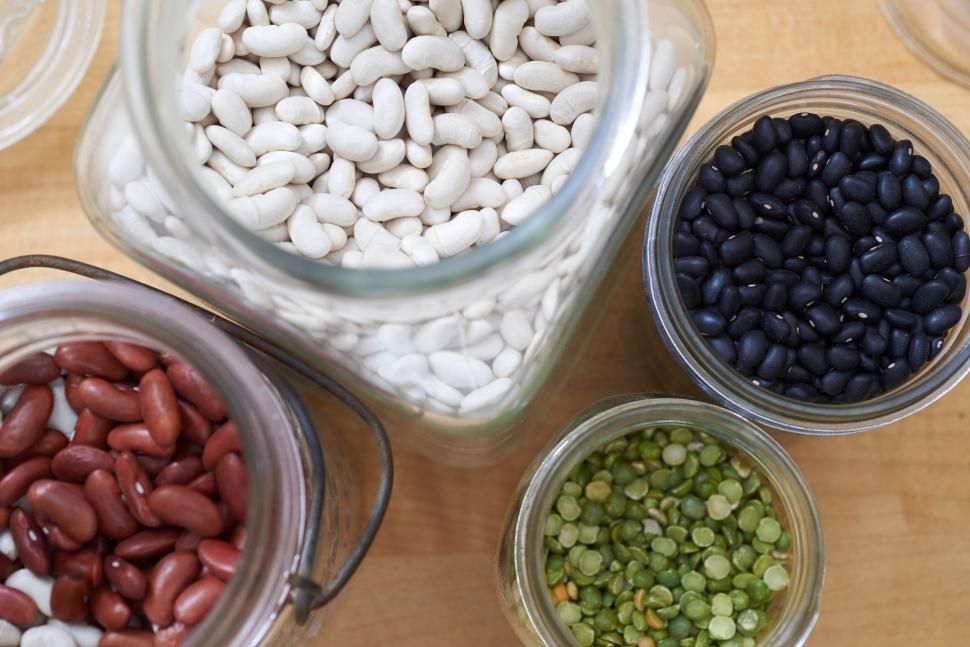
10. **Beans and Legumes**Plant-based proteins, including beans and lentils, are generally celebrated for their rich nutritional profiles, offering an abundance of protein, vitamins, minerals, and dietary fiber. They are often recommended as a healthy alternative to animal-based proteins in many diets. However, for individuals with kidney disease, these nutritious legumes also present a challenge due to their notable levels of potassium and phosphorus.
For example, a single cup of boiled or cooked pinto beans contains approximately 251 mg of phosphorus and a substantial 746 mg of potassium. These amounts, while beneficial for those with healthy kidney function, can be problematic for kidneys that are struggling to filter and balance these minerals. The accumulation of excess potassium can lead to serious cardiac complications, and high phosphorus levels can contribute to bone and heart issues.
Despite these concerns, beans and lentils remain valuable components of a balanced diet for many. The key for kidney patients lies in portion control and careful integration into a broader renal diet plan, often under the guidance of a dietitian. They can help determine safe quantities and suggest preparation methods that might mitigate some of the mineral load, ensuring that individuals can still benefit from the positive aspects of these plant-based foods without overstressing their kidneys.
Product on Amazon: Southern Style Nuts Gourmet Hunter Bulk Trail Mix, 23 oz (Pack of 1), Sesame Sticks, Roasted Peanuts, Sunflower Kernels, Almonds, Cashews & Pepitas, Mixed Nuts, Snacks for Adults & Kids
Brand: SOUTHERN STYLE NUTS
Binding: Grocery Product Group: Grocery
Price: 7.64 USD
Rating: 4.4 Total reviews: 23131
Flavor: Gourmet
Item Weight: 23 Ounces
Specialty: Vegetarian
Allergen Information: Tree nuts may contain
Features:
1. Convenient Snacking ─ Contains 1 (23 oz) canister of Southern Style Nuts Gourmet mixed nuts snacks that satisfies your cravings and is perfect for in-between snack breaks
2. Savory Deliciousness ─ An irresistible blend of sesame sticks, roasted peanuts, sunflower kernels, almonds, cashews, and pepitas, Gourmet Hunter Mix is infused with a unique medley of spices for a flavorful and crunchy experience
3. Quality Ingredients ─ Our Gourmet Hunter Mix is a distinctive combination of crispy sesame sticks, roasted nuts, and crunchy seeds for a delicious and irresistible snack experience. What’s more, it’s a vegetarian snack option
4. Pantry Essential ─ Our family sized canisters are resealable, reusable, and recyclable and ideal for sharing your beloved snack mix with the special people in your life
Shopping on Amazon >>
Read more about: Unlock Your Gut’s Potential: The Transformative Health Benefits of Fermented Foods You Can’t Afford to Miss
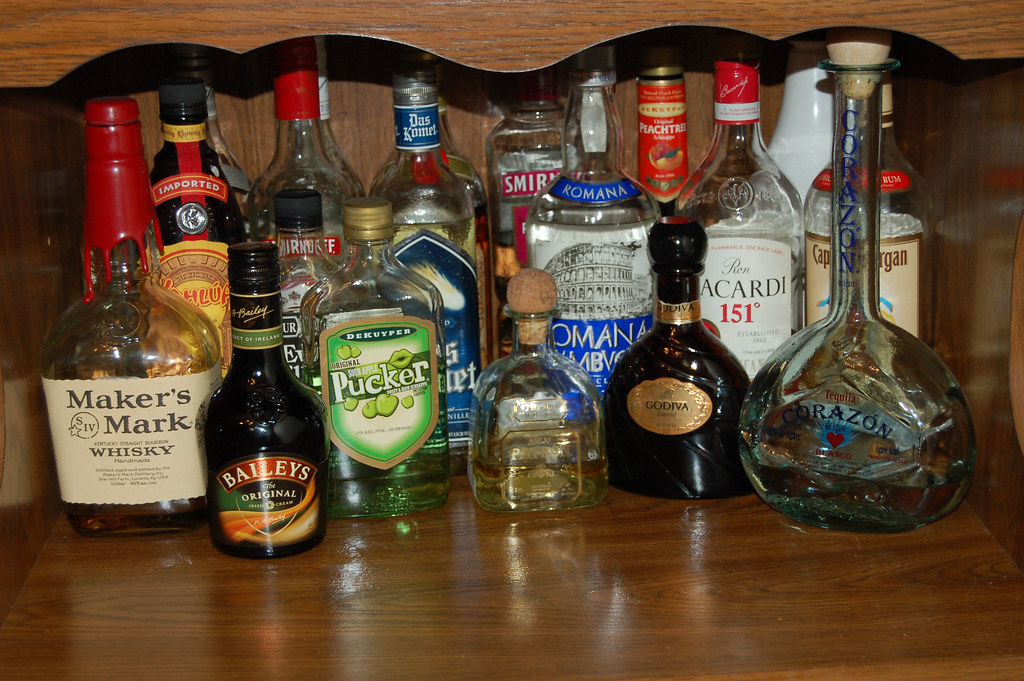
11. **Alcohol**While often enjoyed in moderation, alcohol consumption requires careful consideration for its impact on kidney health. Large amounts of alcohol are strongly associated with kidney malfunction, primarily due to its toxic effects on the body. The kidneys are responsible for filtering toxins, and excessive alcohol intake places an increased burden on these organs, impeding their function and contributing to overall toxic loads within the system.
Beyond its direct toxicity, alcohol can also pose indirect risks to kidney health. It has the potential to interact with medications, particularly those prescribed for conditions like diabetes, which is a leading cause of kidney disease. These interactions can increase the risk of adverse effects, such as dangerously low blood sugar levels, further complicating health management for individuals already at risk or living with kidney conditions.
For those concerned about or living with kidney disease, consulting a healthcare professional is paramount to discuss alcohol consumption. A doctor or a renal dietitian can provide tailored advice regarding the amount and frequency of alcohol that may be safe, if any, based on an individual’s specific health conditions and the stage of their kidney function. Making informed choices about alcohol is a critical step in protecting long-term renal wellness.
Read more about: Unraveling the Final Moments: An In-Depth Investigation into the Tragic Demise of Paul Walker at 40
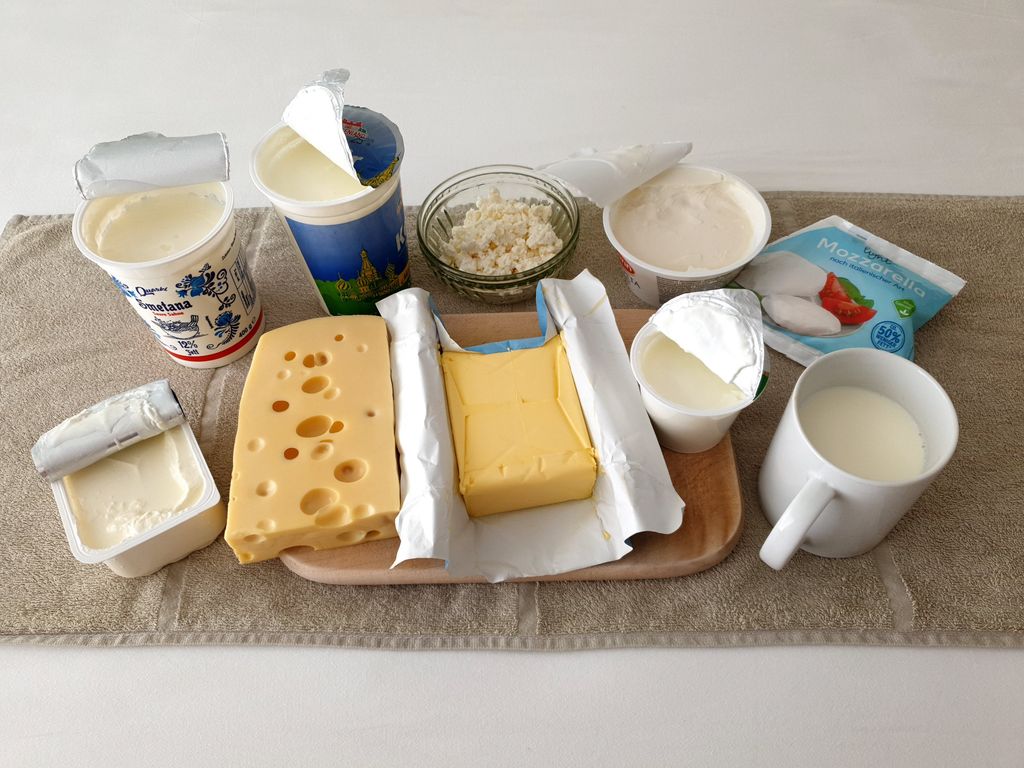
12. **Dairy Products**Dairy products, encompassing items like cheese, milk, and ice creams, are widely recognized for being excellent sources of protein and calcium, vital for bone health and numerous bodily functions. However, for individuals with compromised kidney function, these beneficial foods also come with a significant drawback: they are typically rich in both phosphorus and potassium, two minerals that require careful management in a renal diet.
For example, one cup of 2% milkfat, with added vitamin A and vitamin D, contains approximately 252 mg of phosphorus and 390 mg of potassium. When kidneys are not effectively filtering these minerals, their accumulation in the blood can lead to serious health issues. Excess phosphorus can cause calcium to be pulled from bones, leading to bone weakness and hardening of blood vessels, while high potassium levels can critically affect heart rhythm and function.
Due to these potential risks, dairy products can be risky for those with kidney concerns, prompting a need for moderation or the exploration of alternatives. If you’re at risk, choosing plant-based alternatives like oat, soy, or rice milk can be beneficial. However, it is crucial to always check labels for these alternatives, as some may still contain added phosphorus or other additives that could be detrimental to kidney health. Personalized guidance from a healthcare professional or dietitian is essential to make appropriate dairy choices.
Product on Amazon: ForPro Professional Collection 99% Isopropyl Alcohol (IPA), Pure & Unadulterated Concentrated Alcohol, 32 Fl Oz (960ml)
Brand: ForPro Professional Collection
Binding: Health and Beauty Product Group: BISS
Price: 9.99 USD
Rating: 4.8 Total reviews: 6159
Molecular weight: 17.03
Item Volume: 32 Fluid Ounces
Percentage assay: 99
Package Information: Bottle
Features:
1. Pure & Unadulterated Alcohol: Made from the highest grade, 99% pure isopropyl alcohol. High purity alcohol contains no inert ingredients like methanol so you can be assured that you are getting the best and most reliable product
2. Pure Alcohol: Use for wiping surfaces. Simply spray and wipe dry.
3. Rubbing Alcohol: Cools, cleanses, and dehydrates. Use regularly to keep surfaces clean.
4. Isopropyl Alcohol: Made in USA
5. Unscented, 32 ounces
Shopping on Amazon >>
Read more about: Giant Eagle’s Digital Price Tag Revolution: Real-Time Savings, Future-Forward Shopping, and the Evolving Retail Landscape

13. **Chocolate**Chocolate, particularly dark chocolate, is often celebrated for its rich antioxidant content, which has even been shown to reduce certain markers of inflammation in individuals undergoing dialysis. This makes it seem like a healthy treat. However, despite these benefits, chocolate, in general, presents a mixed bag for kidney health and requires moderation, especially for those with kidney disease.
The primary concern stems from chocolate’s composition: it is typically high in calories, added sugar, and contains notable amounts of both phosphorus and potassium. Increased consumption of sugary foods, including chocolate, may worsen kidney function, and when kidneys are not working properly, phosphorus deposits can lead to the hardening of blood vessels, affecting the heart and other vital organs. Therefore, those with kidney problems should restrict their intake.
While an occasional square of dark chocolate might offer some antioxidant benefits, its overall high caloric, sugar, phosphorus, and potassium content necessitates mindful consumption as part of a well-rounded diet, particularly if kidney function is impaired. Balancing indulgence with strict dietary guidelines established with a healthcare professional is crucial to enjoy such treats safely.
Read more about: Barbara Eden at 94: A Radiant ‘I Dream of Jeannie’ Icon Steps Out and Shares Her Secrets to a Spellbinding Life
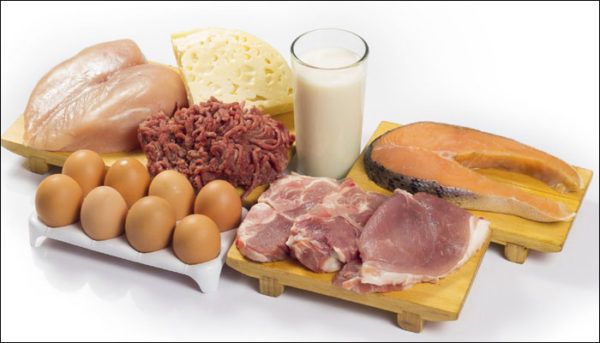
14. **Excessive Protein Intake**While protein is an absolutely essential component of a balanced diet, crucial for muscle repair, enzyme production, and overall bodily function, the adage “too much of a good thing” certainly applies when it comes to kidney health. For individuals with pre-existing kidney conditions, excessive protein intake can pose a significant risk, increasing the workload on already struggling kidneys and potentially leading to further damage over time.
High-protein diets can lead to an overproduction of urea, a waste product of protein metabolism, which the kidneys must then filter out. This increased demand strains the filtering units of the kidneys, known as nephrons. Athletes and fitness enthusiasts who rely heavily on protein supplements for muscle growth should exercise particular caution; excessive reliance on these supplements, especially without adequate hydration, can severely strain the kidneys. Uncontrolled high-protein fad diets also fall into this category, pushing the kidneys beyond their safe capacity.
Therefore, moderation and careful selection of protein sources are key. Opting for lean protein sources such as poultry, fish, tofu, or legumes, and being mindful of portion sizes, provides essential nutrients without overburdening the kidneys. For anyone concerned about their kidney function or considering a high-protein diet, consulting with a healthcare professional or a nutritionist is crucial for personalized guidance on appropriate protein intake based on individual health needs and kidney capacity.
Product on Amazon: HERSHEY’S NUGGETS Assorted Chocolate Candy Party Pack, Halloween Candy, 31.5 oz
Brand: HERSHEY’S
Binding: Grocery Product Group: Grocery
Price: 14.84 USD
Rating: 4.6 Total reviews: 22926
Item Form: Bar
Occasion: Christmas, Holiday
Chocolate Type: Milk
Flavor: Assorted
Features:
1. Contains one (1) 31.5-ounce bulk party pack of HERSHEY’S NUGGETS Assorted Chocolate Candy
2. Fill your snack drawers, candy dishes and to-go snack bags with this HERSHEY’S candy
3. Kosher and gluten free chocolate candy individually wrapped inside a bulk bag for lasting freshness
4. Use HERSHEY’S candy for filling birthday gift bags and back-to-school lunch boxes or bridal and baby shower candy dishes
5. Decadent assorted HERSHEY’S NUGGETS Christmas, Valentine’s Day, Halloween and Easter candy pieces are the perfect two bite assorted chocolate servings that will elevate any occasion
Shopping on Amazon >>
Read more about: Beyond the Obvious: 11 Must-Buy Frozen Treasures Hiding in Costco’s Aisles
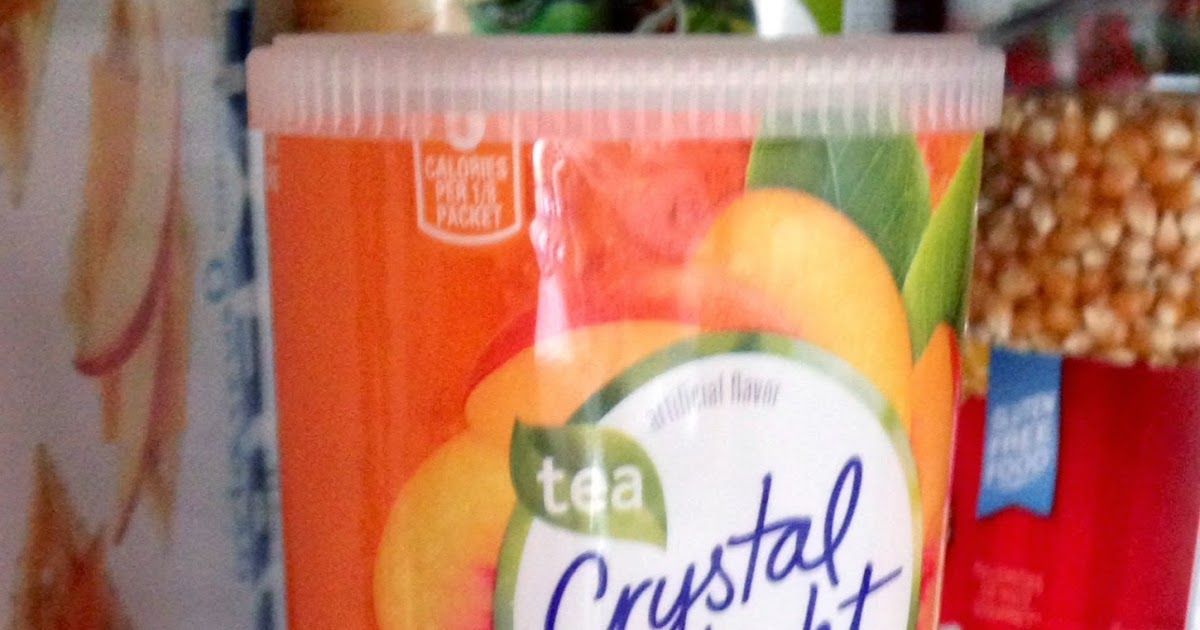
15. **Artificial Sweeteners**Often touted as a healthier alternative to sugar, artificial sweeteners are commonly found in “diet” or “sugar-free” products, appealing to those looking to reduce calorie or sugar intake. However, for kidney health, the picture is not as clear-cut, and some emerging research suggests that these seemingly innocuous additives may not be as safe as they appear, especially over the long term.
While providing sweetness without the calories of sugar, some studies indicate a potential association between artificial sweeteners and kidney damage. This emphasizes a cautious approach and highlights the need for moderation in the consumption of artificially sweetened products. Although more comprehensive studies are still needed to provide conclusive evidence, the preliminary findings suggest that reliance on these sweeteners might not be without consequence for renal function.
Given the potential concerns, individuals should aim to limit their intake of artificially sweetened products. For those looking to sweeten their foods or drinks, exploring natural alternatives like small amounts of stevia or monk fruit, or simply opting for water, herbal teas, or naturally flavored beverages without added sweeteners, can be a wiser choice. It’s always best to err on the side of caution and discuss any dietary concerns, including the use of artificial sweeteners, with a healthcare professional to ensure kidney wellness.
Read more about: Beyond the Obvious: 11 Must-Buy Frozen Treasures Hiding in Costco’s Aisles
Protecting your kidneys is a continuous journey that extends beyond avoiding the most obvious culprits. By understanding the potential impacts of these less apparent dietary components, habits, and supplements—from the hidden minerals in whole grains and nuts to the subtle stresses of excessive protein or artificial sweeteners—we empower ourselves to make more informed choices. Remember, your kidneys work tirelessly for your well-being; supporting them through thoughtful nutrition is one of the most profound ways to invest in your long-term health. Always partner with a healthcare professional to tailor a diet that perfectly aligns with your unique needs and ensures your kidneys continue to thrive.

